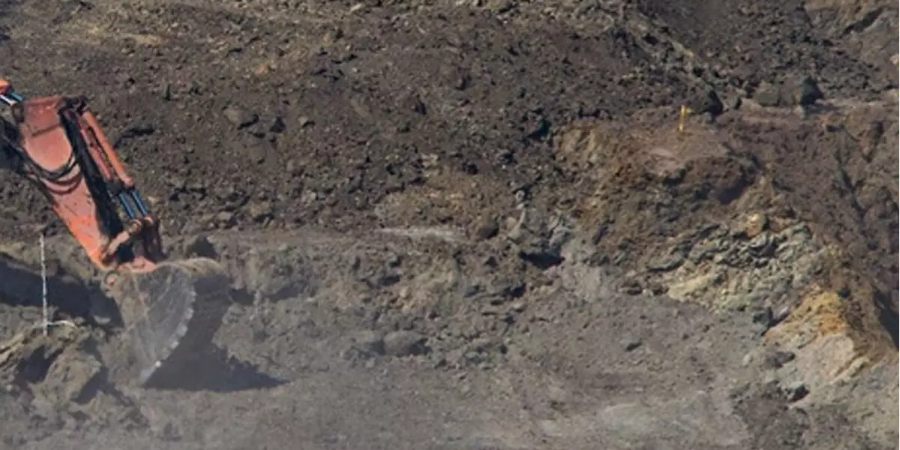India–US Trade Tensions Rise Over Steel and Auto Tariffs NMDC Limited reports a 38% drop in Q4 FY24 consolidated net profit RINL to Raise $23 Million Through Land Sales Amid Crisis

The government is introducing penalties for delays in mining projects. Bidders who win contracts to mine minerals like coal, iron ore, and bauxite will face consequences if they don't stick to the outlined timelines. This move aims to streamline the mining sector and ensure the timely completion of projects.
The new guidelines set clear deadlines for different stages of mining operations. For instance, bidders must obtain all necessary clearances within six months of being awarded the contract. Additionally, they have to start production within a year after receiving all clearances. Failure to meet these deadlines will result in penalties.
The penalties for delays will be significant. Bidders could lose their security deposit if they don't comply with the timelines. This is a strong incentive for companies to adhere to the schedule and complete projects on time.
The government's decision to enforce stricter timelines and penalties is likely to have several benefits. First, it will expedite the process of mineral extraction, leading to increased production. This is crucial for sectors like steel and power, which rely heavily on minerals such as coal and iron ore.
Second, the timely completion of mining projects will boost government revenue. Delayed projects not only lead to revenue losses but also hinder economic growth. By ensuring that projects are completed on time, the government can maximise its earnings from the mining sector.
Moreover, strict adherence to timelines will improve investor confidence. Companies will have more certainty regarding project timelines and can plan their investments accordingly. This will attract more investments into the mining sector, driving further growth and development.
However, there are also potential challenges associated with these new guidelines. Some companies may struggle to meet strict deadlines due to various reasons such as bureaucratic hurdles, environmental concerns, or logistical issues. These companies could face financial losses if they fail to complete projects on time.
Furthermore, there might be concerns about the effectiveness of the penalties in enforcing compliance. It remains to be seen how rigorously the government will implement these penalties and whether they will be enough to deter delays effectively.
Overall, the government's move to introduce penalties for delays in mining projects is a step in the right direction. It signals a commitment to improving efficiency and transparency in the mining sector. However, the success of these initiatives will depend on their implementation and enforcement.
Also Read : Aluminium is likely to be limited in its range Most base metals expected to rise weekly due Chinese demand hopes